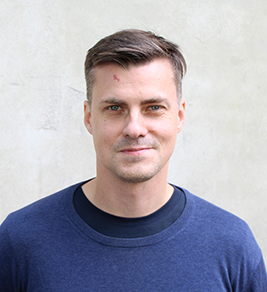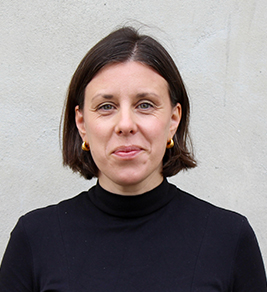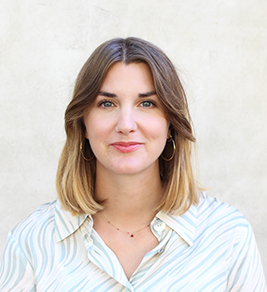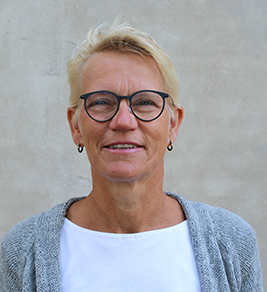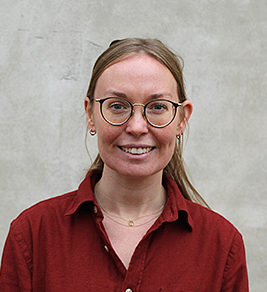Sustainable Hub to Engage into Rural Policies with Actors (SHERPA) arranged a workshop to kick-start the second phase of SHERPA MAPs by introducing new Facilitators and Monitors to the SHERPA tools.
The session aimed at ensuring that both experienced and new Facilitators and Monitors have the same information and feel prepared to facilitate and monitor multi-actor platforms (MAPs) – rural interfaces that provide a forum for co-learning and co-creation of knowledge with European, national and regional actors.
“Our societies are facing extremely complex problems that are connected to global and interlinked processes, such as climate change, poverty and inequalities. These problems cannot be solved by scientists or politicians alone. It demands different fields of expertise – including citizens and experience-based knowledge – to interact and collaborate for new ideas and innovations “, says Elin Slätmo, Senior Research Fellow at Nordregio.
According to the researcher, if the multi-actor group is open to combining different types of knowledge and experiences, research shows that applying this method to rural areas can help deal with issues of lack of trust between local actors and central governments. Furthermore, it can help create common visions for sustainable regional development with a commitment to implementing and strengthening rural areas’ resilience and economic competitiveness.
“There are, however, no recipes for success – adaptation and constant learning and development is crucial for processes, outputs and outcomes to be sustainable “, adds Slätmo.
SHERPA is a four-year project with 17 partners, funded by European Union’s Horizon 2020 research and innovation programme and coordinated by Ecorys in Brussels. The project aims to formulate recommendations to redefine European development policies and research agenda for rural areas. There will be established 40 MAPs for actors from science, society and policy to interact. Nordregio’s role is to develop the theoretical framework for the science-society-policy interface in the MAPs and arrange MAPs in Denmark, Finland, Sweden, and Estonia.

